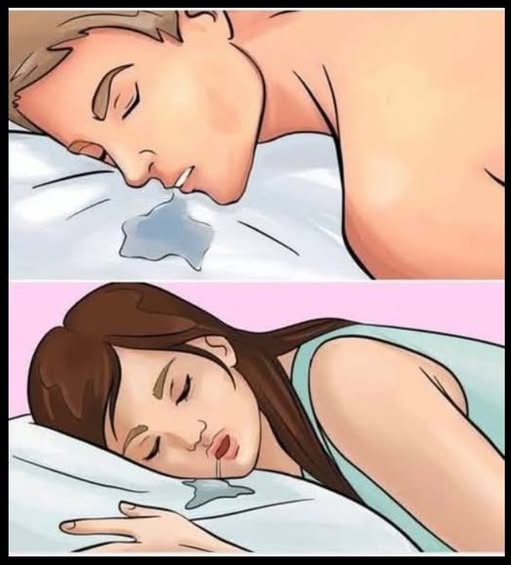Drooling during sleep is often a sign that your body is deeply relaxed and experiencing good quality rest. It happens mainly during deep or REM sleep, when muscle activity slows down, including swallowing. This relaxation allows saliva to escape more easily without being swallowed.
Sleeping position plays a big role in drooling. Those who sleep on their side or stomach are more prone to drooling because gravity pulls saliva out of the mouth. On the other hand, people who sleep on their backs tend to swallow saliva more effectively, reducing drool.
Nasal congestion caused by colds, allergies, or sinus problems can force you to breathe through your mouth, which increases drooling. Some people naturally produce more saliva, and certain health conditions like acid reflux or medications may also contribute to excess drool.
While occasional drooling is normal, frequent or heavy drooling could be a sign of underlying issues such as sleep apnea or neurological disorders. If drooling is accompanied by snoring or interrupted sleep, it’s wise to consult a doctor. Simple fixes like changing sleep position, managing nasal congestion, and staying hydrated can help reduce it.
